187: Enough of chickens
John Warner on writing & AI, English Meet, Agatha Christie, William Trevor & Yiyun Li, Close Reading, Hisham Matar in Siena, RIP Aidan Chambers and more.
Unusually for Ireland, we’re in an extended period of glorious May sunshine. Nothing better than reading outside.
‘Writing is thinking’.
’s More Than Words is a very welcome arrival for those of us who teach writing, and whose practice and principles have been clarified by the arrival of publicly-available AI tools. It is also quite brave, since AI shifts and develops so quickly, and is a kind of ‘moving target’:Rather than trying to predict the future of technology, this is a book about the things I know to be stable that ChatGPT cannot and will not change unless we lose sight of the unique human experience of writing.
Like Warner, I too have seen AI developments as
an opportunity to reconsider exactly what we value and why we value those things.
I wrote about the book at more length. I also have a letter in this morning’s Irish Times about AI in the Leaving Certificate, citing Áine Hyland, Daisy Christodoulou and Daniel Muijs: more next time.
The fourth English Meet
on May 8th was another uplifting event: 6 teachers sharing their expertise and enthusiasms about teaching English. Sincere thanks to Holly McIndoe, Selena Wilkes, Maggie Whelan, Dan Stynes and Amy Earley for their excellent presentations (the standard is always so high - if only official training could match that). I was the last one, stating why I think AI is antithetical to the core principles of English (see John Warner, above).
A summary, including a downloadable copy of the slides, many of which have links.
Agatha Christie
is a writer who seems both extremely well-known but also mysterious, or in the word of the sub-title of Lucy Worsley’s biography, ‘elusive’. This is particularly the case with her 11-day ‘disappearance’ in 1926. Worsley picks the truth out from the smoke and mirrors.
What a life she had - a complex childhood, work in the war years, her extraordinary prolific output in several genres, frequent travel to the Middle East and more. A good prompt to revisit some of her work.
On Close Reading
by John Guillory is on first sight a short book, but its reach is huge (across decades of literary theory), its footnotes are lengthy and dense, and it expands well beyond its physical presence through the online version of Scott Newstok’s Annotated Bibliography, the Close Reading Archive, which I have previously recommended here. You could spend many hours down that rabbit hole.
Guillory attempts both to define and chart ‘close reading’, a more slippery term than you might imagine:
It belongs at the upper end of the vertical hierarchy of sophisticated reading practices.
Contemporary culture certainly threatens it, particularly our constantly advancing technologies of communication. Guillory writes that it might be seen today as the disciplinary analogue of the countercultural movement embracing ‘slow tech’ and other slow forms of cultural consumption, the most recent being AI, the latest episode in our never-ending struggle to understand what our technology does for us and to us.
Podcast of the Week
is from the New Yorker. Yiyun Li reads and then discusses with Deborah Treisman the short story ‘The Piano Tuner’s Wives’ by William Trevor. The final page turns it, I think, into a masterpiece of the short form.
I wrote about it in 2023 (spoilers - read the story first):
a beautifully-written and profound achievement from a writer at the height of his powers. A piano tuner makes sure that all the notes are in order: and they are here, perfectly in order in just 15 pages.
I also wrote a long piece about William Trevor’s relationship with my school, which he came to as a boy and which resurfaced again and again in his writing.
Hisham Matar’s A Month in Siena
was my first read after visiting the marvellous Siena exhibition in London’s National Gallery (mentioned last time). Matar’s 2019 book is a short, but still marvellously slow, meditation on some of the paintings held in the city (Duccio, Lorenzetti, Sano di Pietro). More than that: it follows his superb 2016 memoir The Return, about the still unresolved disappearance of his father in Libya. The Penguin edition I bought reproduces many of the works themselves on thick paper.
Above, in January this year Matar spoke at the Met in New York (from which some of the London exhibition works came) about the book. He mentions his personal discipline of spending 20 minutes with a painting two or three times a week. Yes - too often we (I) move off too quickly.
English teachers on film
tend to pop up every now and then, most disappointingly with the cliché-ridden Dead Poets Society.
Now Steve Coogan plays another English teacher, Tom, who arrives in a private school in Argentina just before the military coup in 1976. A small penguin adopts him. I’m not making any great claims for this (it’s still got an emotional arc for both Tom, wounded by his daughter’s death, and the school) but it was a pleasant watch. The evocation of Argentina at that time in its history is well done, and Tom’s colleague played by Bjorn Gustafsson is a treat. Juan Salvador is a shoo-in for the Academy Award for best performance by a small cute penguin.
Teaching and Learning Things:
Above: my first webinar of next term for Tralee Education Support Centre is an introduction to teaching Othello, which is the main Shakespeare text in the 2025-2027 Leaving Certificate course. ‘Introduction’ partly because it is a play rarely taught here. Wednesday 10th September, 7.00-8.00pm: free registration. Two more: Small Things Like These [repeat], and Revising Macbeth.
Characteristically clear from Peps Mccrea in Evidence Snacks: Tech Trade-Offs and the hidden costs to learning, including the knock-on effects of 1-1 devices, platforms like Google Classroom, LLMs and search engines:
In short, while tech's power is often immediately visible, its costs remain subtle, hidden, and delayed. It is only when these trade-offs are considered, and our result is an overall net positive—across attention, retention, wellbeing, and workload—that we should be open to allowing tech into our classrooms.
A helpful post by
: ‘5 things to know about mental models’, which show how these operate in the classroom, rarely consciously:Teachers operate in complex environments, full of moving parts. There isn’t time to process every detail. So, like everyone else navigating complexity, they rely on simplified versions of reality. Mental models are the simplified way each of us thinks a system or situation works. They are our internal maps that help us notice, interpret, predict and decide what to do.
Aidan Chambers has died, at the age of 90. His contribution to things English was very significant, and he wrote superbly. His website will continue to be maintained. As a boy I took the title role in his play Johnny Salter (acting copy below).
Et Cetera
Simon Lewis on the complexity of being both Irish and Jewish. (I wrote recently about David Marcus, who called himself ‘hyphenated’).
What I do know is that, as an Irish Jew, I am proud of both parts of my identity, even when they seem to conflict. Whether the effort to retract de Valera’s shameful move of 80 years ago moves forward or fades into history, it is a reminder that grappling with the past is an endeavor full of paradox and complications. But it is through these debates that we define who we are, and move forward.
English Professor Timothy Aubry on ‘gateway books’ by those authors who play formative roles in our intellectual development when we are young:
For many of us, the initial encounter with the gateway books was a lonely one. This wasn’t just because nobody we knew seemed to be reading them, but also because loneliness was what motivated the search in the first place. I was told I was a loser with no friends on what felt like a daily basis during middle school, which made me desperate for anything that could recast my social ineptitude as courageous nonconformity. When you are surrounded by effortlessly popular kids who smirk at your every misstep, it’s hard to overstate how intensely validating it can be to read The Catcher in the Rye and think: at least I am not a phony.
Michael Billington on a text I am teaching for the nth time, Arthur Miller’s The Crucible:
While I’ve no doubt that the Globe’s forthcoming production of The Crucible will prompt thoughts of the vicious polarities of Trump’s America, the very fact of its doing so will remind us that there is a world elsewhere.
Audrey Watters on the 5th anniversary of the death of her son Isaac:
Computing remains a weapon, despite the clever stories we tell ourselves that make us feel less complicit in its violence – violence to one another, to the planet, to ourselves, to other ways of knowing … It does feel hopeless sometimes. This week – Mothers Day and death day – forever more for me, I guess, the darkest. I grieve, I grieve, I grieve. And then I pick myself up, and I fight.
A name I’ve seen for ever: JJ Walsh is retiring as the chess correspondent of the Irish Times. Ahed 93, he is by some distance the longest-serving chess columnist in the world. A lovely profile in the paper (with a video which makes clear he’s still very lively):
He gets tired very quickly now, he says, and is afraid of making mistakes. “I gave a man my number. He used to ring me up. He would say: ‘There’s a mistake in this morning’s paper.’ I would look and tell him he put the board the wrong way around.”
Gatbsy as ‘passing’ Black.
revisits Carlyle V. Thompson’s theory from the 1990s and reconsiders it now:The century-long rise into formerly exclusively white spaces by Black journalists, writers and academics like Thompson, capable of seeing things that their colleagues can’t or won’t, allows a more complete consideration of art, media and yes, even the great American novels. Once you entertain the possibility that Gatsby is passing, his blackness quickly becomes impossible to unsee.


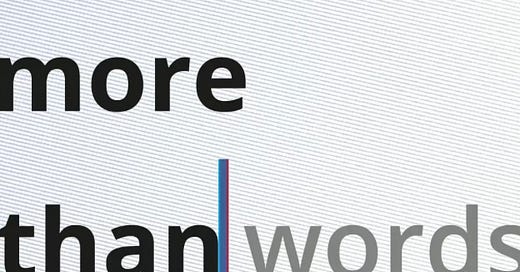



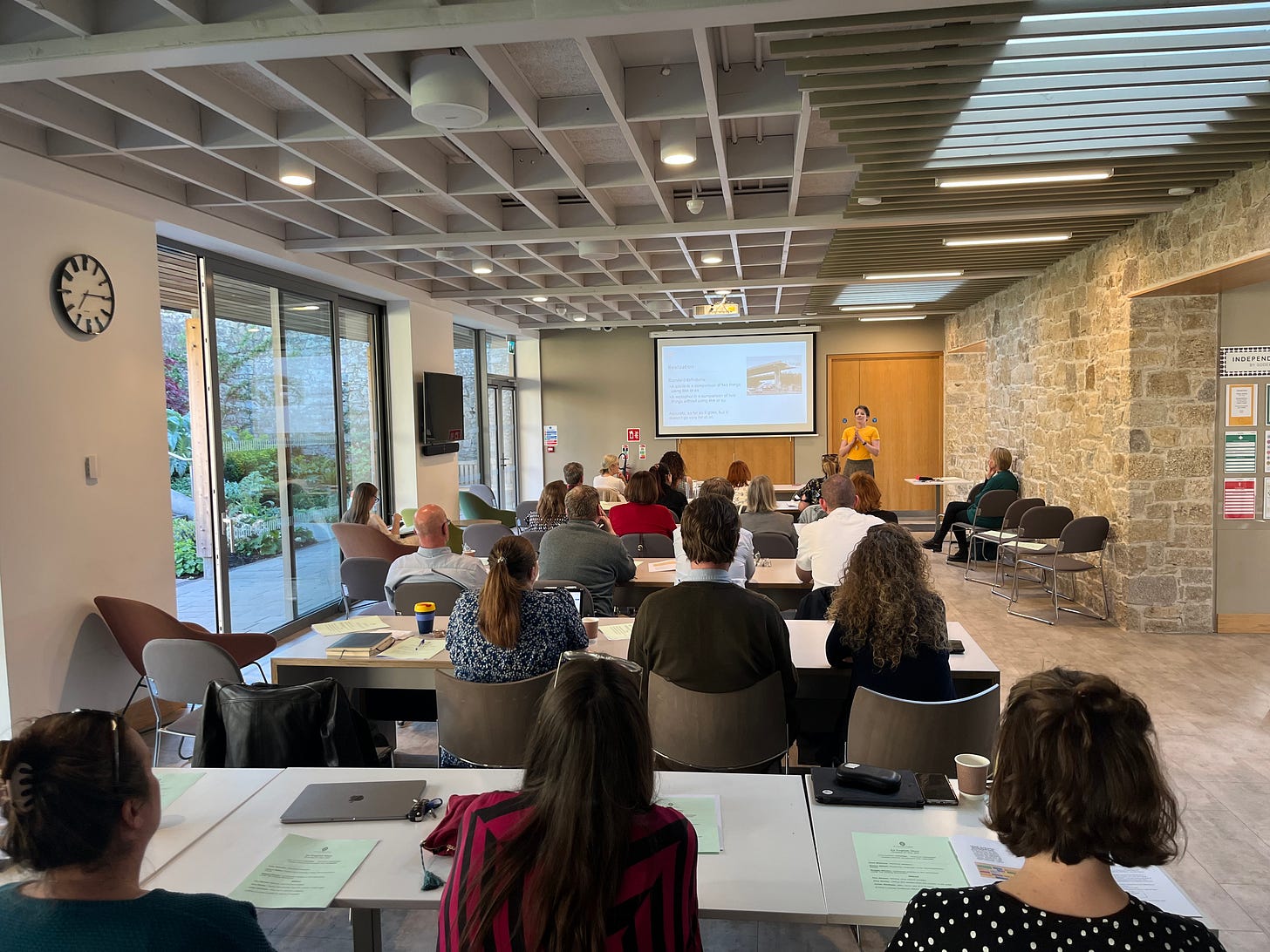
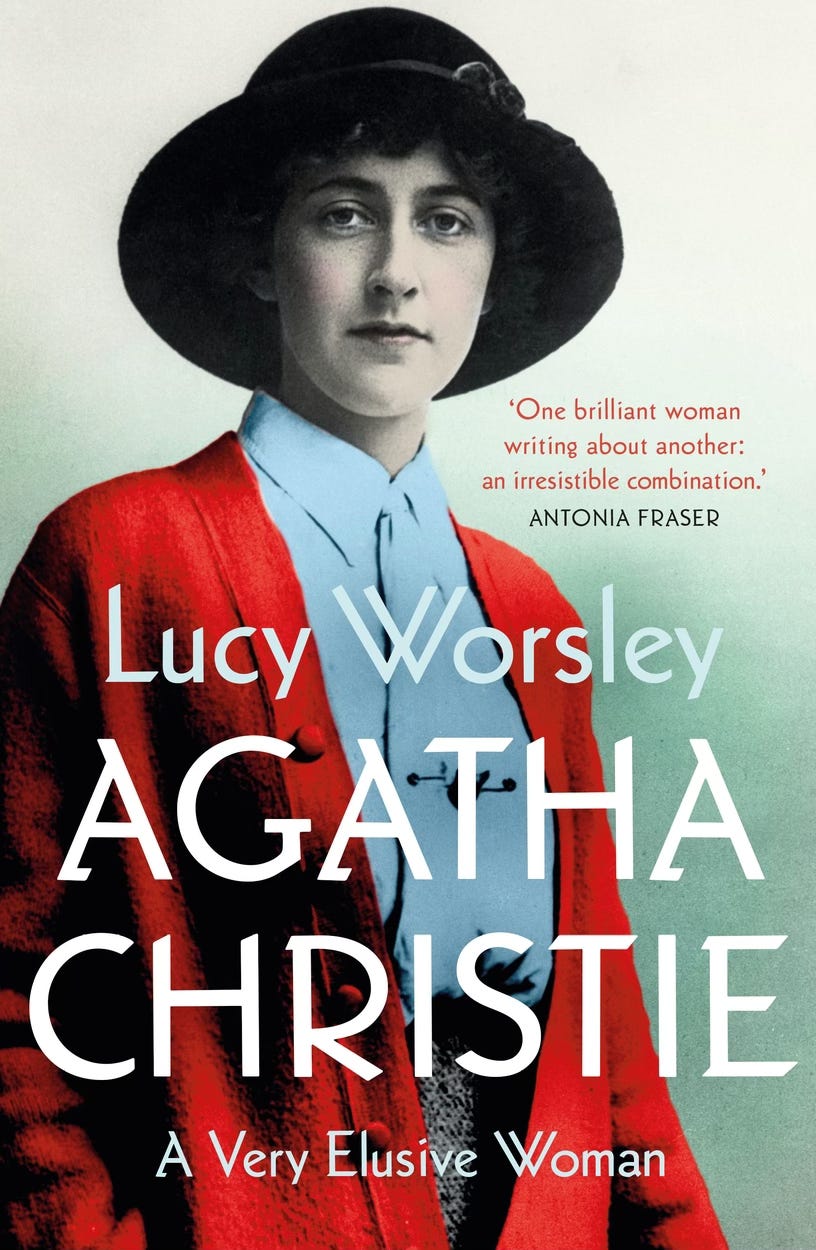
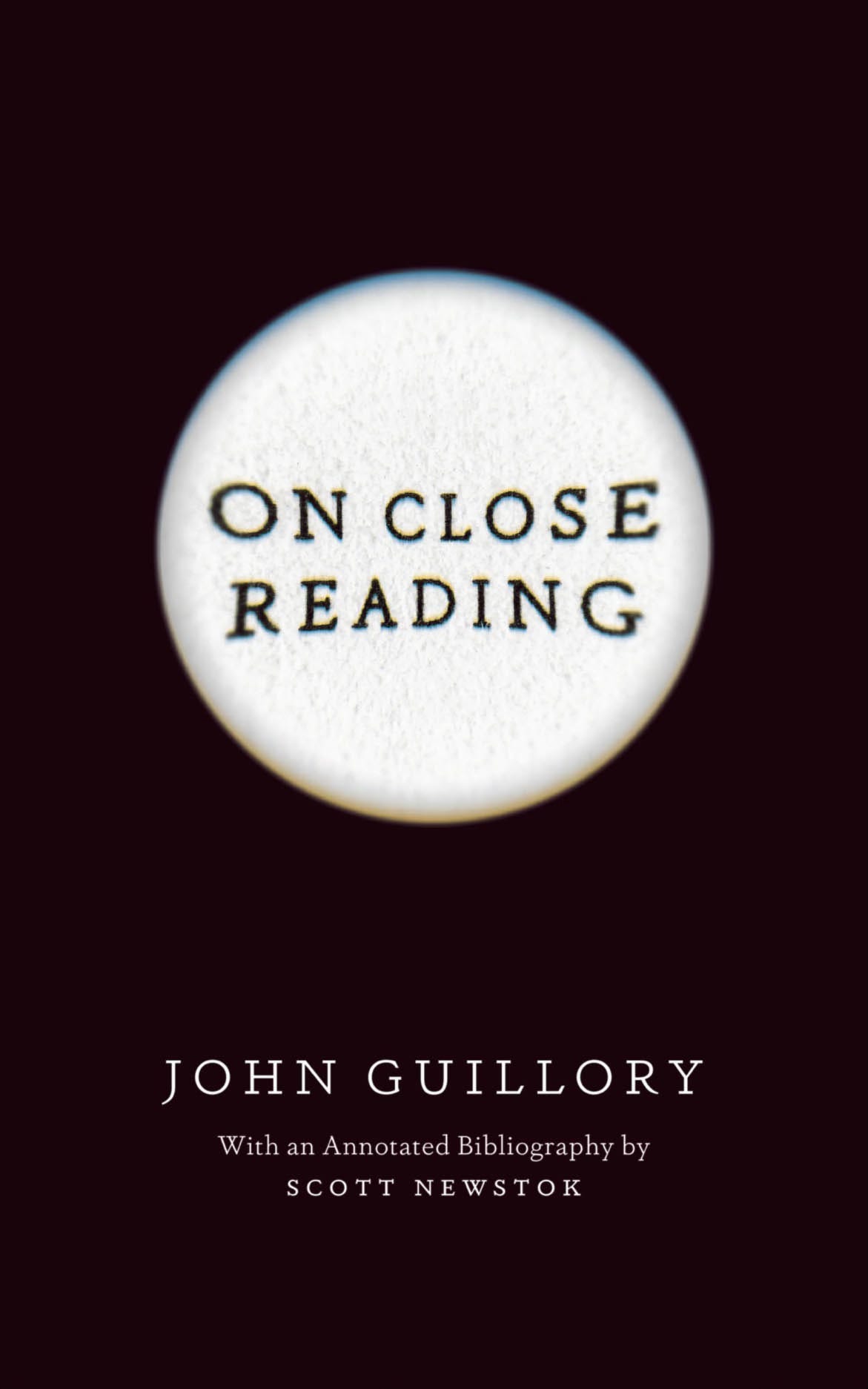
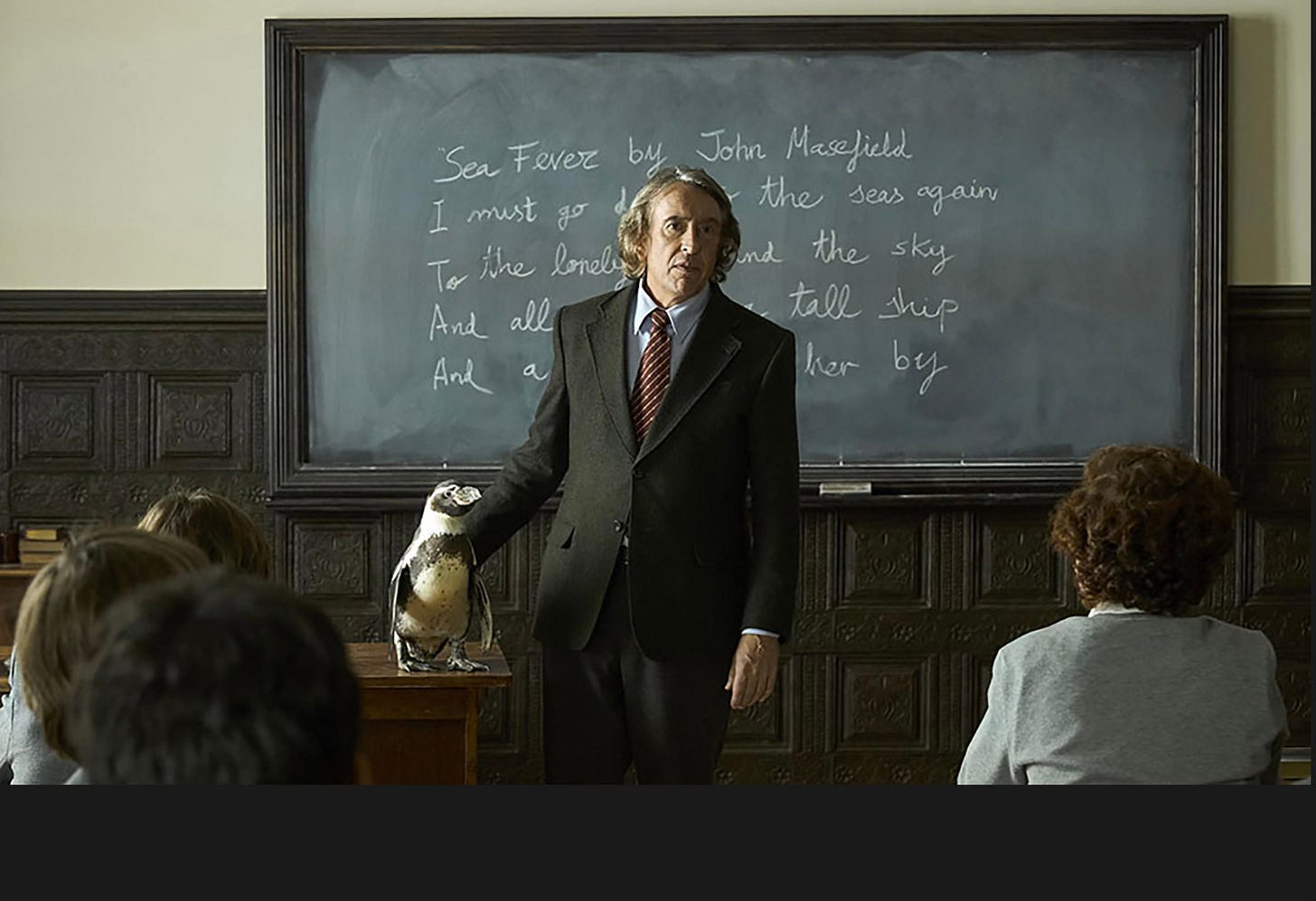
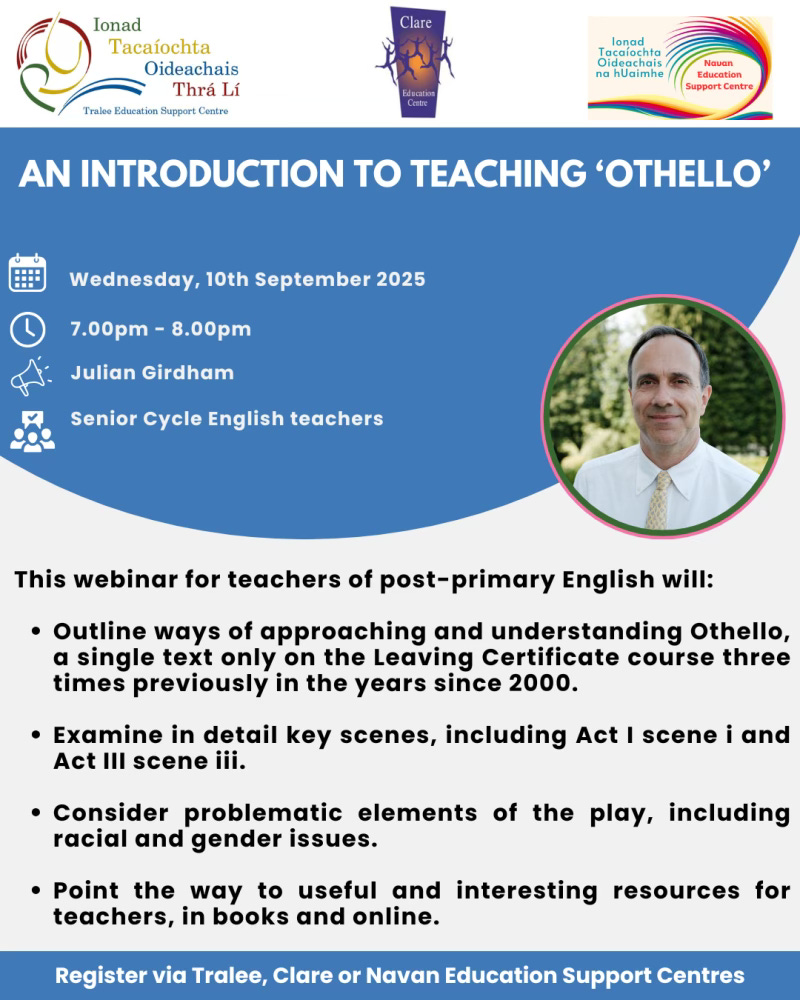

Lovely to be here and enjoy your treasure trove in a sunny morning with a pot of coffee as summer reading freedom beckons ! Thanks for all the interesting and insightful pieces and recommendations.